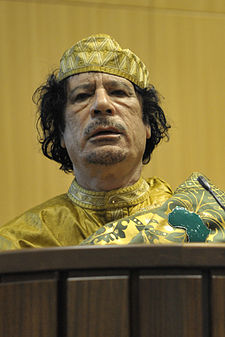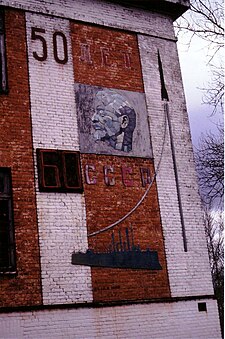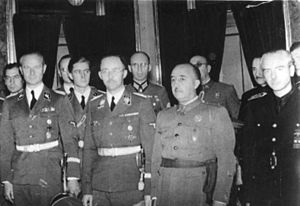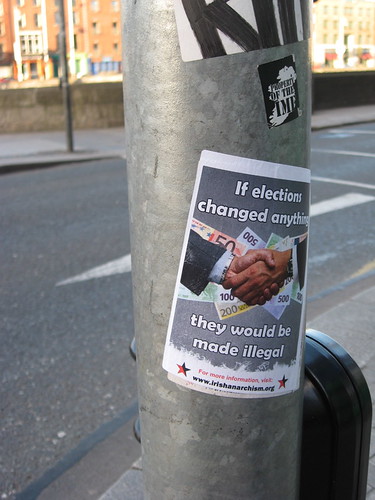Final EpisodeIn the short term, the successful ouster of Mubarak is likely to lead to more protests in other Arab countries. There has already been unrest in Yemen and Libya, two countries with long-serving leaders who have, like Mubarak, considerably outstayed their welcome; it will be interesting to see whether this intensifies. There are also reports of emerging unrest in Algeria, where a thuggish military clique has been in power since not long after independence, and also in Sudan.
Whether the reformist wave spreads to the monarchies will be interesting. I suspect that the Gulf oil plutocracies may well prove immune to serious pressures for democratisation, but the likes of Jordan and
Morocco may find their regimes under serious threat if a wind of change blows through the rest of the Arab world. Whether unrest spreads to
Syria will also be interesting to see. Syria has been ruled by the same family since the early 1970s and has the usual underperforming economy of Arab countries, but it is a bit of an outlier in other respects, being perhaps the most rigidly authoritarian country in the region but also the one Arab country that is still an enemy of the West* and Israel. The latter maybe gives the Syrian regime a credibility that the various US-backed kings and dictators elsewhere lack.
The really interesting possible contagion effect of the Egyptian protests could be in
Iran. The Iranian regime announced a while ago that it supported the Egyptian protests because they were akin to the 1978-1979 protests that brought down the Shah and brought the Islamic Republic into being. However, opposition figures in Iran have drawn similarities between the Egyptian protests and Iran's own protests against last year's rigged presidential election. There is talk of Iranians taking to the streets to support Egypt's revolution and then implicitly or explicitly demand democratic change at home, something the country's power elite do not want to happen.
In the longer term, the country with most to lose from the transition in Egypt is
Israel. Even if a new government in Egypt does not go to war with Israel or start arming Palestinian militants, any government in a more democratic Egypt is going to be less accommodating of Israeli interests than Mubarak was. Israeli leaders will therefore be watching developments in Egypt with some nervousness. In particular, it will be interesting to see whether Egypt continues to assist Egypt in maintaining the siege of Gaza (up to now Mubarak had been keeping the Gazan-Egyptian frontier largely closed). I find it hard to see how any democratically based Egyptian government can continue doing Israel's work for it, so some opening of Gaza's southern border is to be expected. I am not sure what the Israeli government would do in response, though I note their tendency to respond with extreme violence whenever a problem presents itself.
At the moment, Egypt receives an enormous amount of aid from the
United States of America. If Egypt moves to a more confrontational relationship with Israel then this aid is likely to dry up. I am not sure how much of a loss this would actually be to Egypt, as much of it comes in the form of tanks, airplanes, and other toys for the Egyptian armed forces – does anyone know if a significant proportion of it comes in more socially useful forms? Either way the loss of this aid would hurt Egypt, so a less confrontational line towards Israel may be pursued in the hope of hanging onto at least some of it.
*The extent to which Syria is actually an enemy of the West is a bit arguable; it is more that successive American regimes are hostile to it, for all that they are happy to subcontract torture and intelligence gathering to the Syrian security services. American hostility stems from Syria's support of Hezbollah in Lebanon and its reluctance to accept a one-sided peace deal with Israel. Syria's attempts to run Lebanon as a client state, meanwhile, cause problems in its relations with other western countries, notably France.
From
Hunting Monsters
 Muammar Gadafy
Muammar Gadafy Hosni Mubarak
Hosni Mubarak Adolf Hitler
Adolf Hitler Vladimir Lenin
Vladimir Lenin Francisco Franco
Francisco Franco Mahmoud Ahmadinejad
Mahmoud Ahmadinejad
 Muammar Gadafy
Muammar Gadafy Hosni Mubarak
Hosni Mubarak Adolf Hitler
Adolf Hitler Vladimir Lenin
Vladimir Lenin Francisco Franco
Francisco Franco Mahmoud Ahmadinejad
Mahmoud Ahmadinejad



